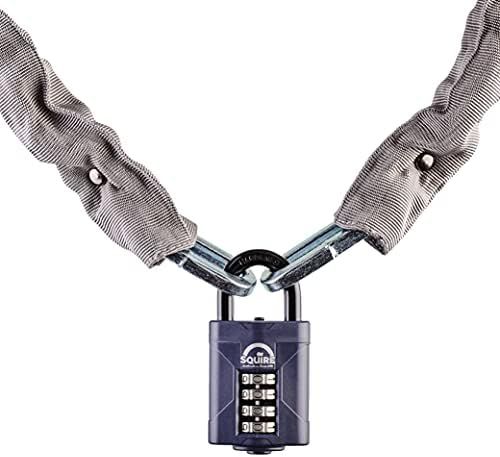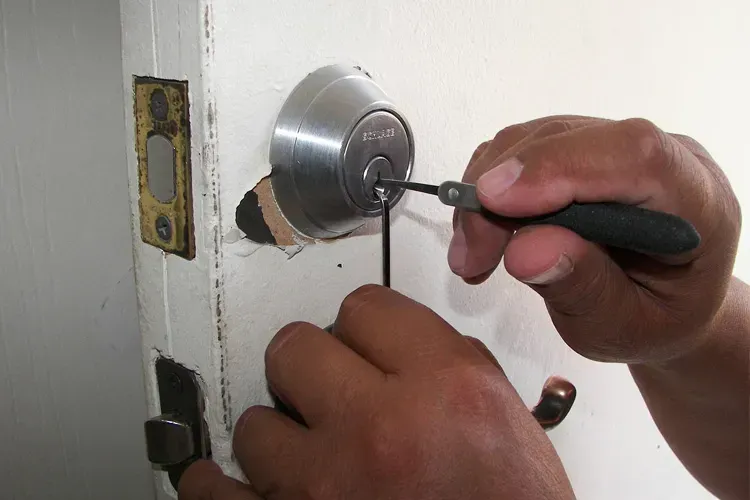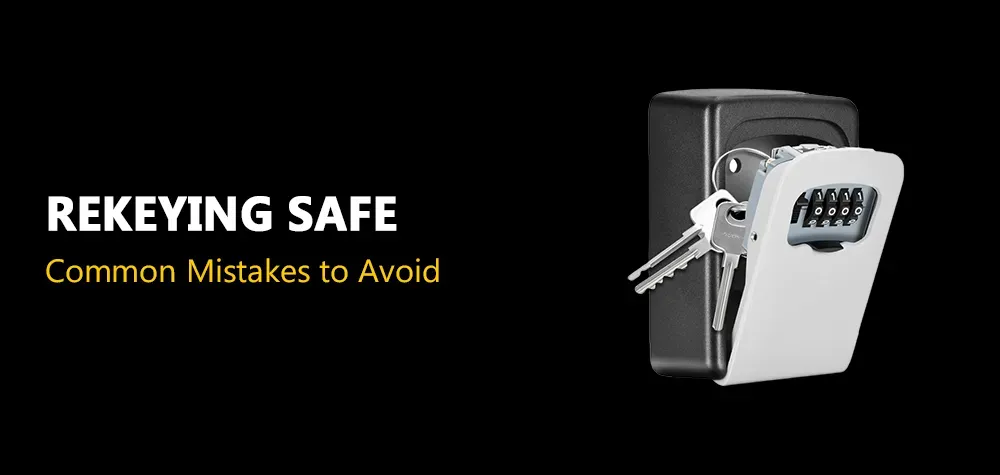Best Rust-Resistant Locks for Outdoor and Front Doors
Your front door is the first line of defense for your home, but what happens when the lock securing it becomes weak and unreliable due to rust? Outdoor locks face the brunt of harsh weather conditions—rain, humidity, snow, and even salty sea air can speed up corrosion, making them less secure over time. This is where rust-resistant locks come into play. Not all locks are built the same, and choosing the right one can mean the difference between long-lasting security and a frustrating replacement cycle.
In this guide, we’ll explore why rust forms on locks, how to prevent it, and which locks offer the best protection against the elements. Whether you live in a coastal region, an area with extreme weather, or just want to ensure long-term durability, this article will help you make an informed decision.
Why Do Locks Rust? Common Causes and How to Prevent It!
Why Do Locks Rust? The Science Behind Corrosion
Rust forms when metal is exposed to moisture and oxygen over time, leading to oxidation. Standard locks made of iron or low-grade steel are highly susceptible to rust, especially in areas with high humidity or frequent rainfall. If your outdoor locks show signs of rough texture, discoloration, or difficulty in turning the key, rust may already be eating away at their integrity.
Some factors that speed up rusting include:
- Exposure to Rain and Snow: Water seeps into tiny crevices and accelerates oxidation.
- Humidity and Coastal Air: Salt in the air (especially near beaches) speeds up the corrosion process.
- Poor Quality Materials: Cheaper locks made of iron or untreated steel corrode faster.
- Lack of Maintenance: Dirt, debris, and lack of lubrication allow moisture to settle and promote rust.
Understanding these causes can help you pick a rust-resistant lock that can withstand these harsh elements.
What Makes a Lock Rust-Resistant? Key Features to Look For
When shopping for a rust-resistant lock, the material and protective coatings play a crucial role. Here’s what to look for:
- Stainless Steel: Naturally resistant to rust, stainless steel locks offer long-term durability and strength.
- Brass or Bronze: These materials do not rust (though they may develop a patina over time, which does not affect functionality).
- Zinc Alloy Coatings: Often used as an extra layer of protection over steel, preventing oxidation.
- Weatherproof Seals: Some locks come with rubber or plastic coatings to keep moisture out.
- Electroplated or Powder-Coated Finishes: These add an additional layer of corrosion resistance.
Investing in a lock with these materials and coatings ensures a longer lifespan and better security.
Best Rust-Resistant Locks for Outdoor and Front Doors
1. Schlage B60N 619 Deadbolt – Stainless Steel Durability
Schlage is a household name in security, and their B60N 619 deadbolt is one of the best rust-resistant options available. Made of premium stainless steel, this deadbolt offers maximum resistance to weather conditions. It is also pick- and bump-resistant, making it a great choice for enhanced security.
2. Kwikset 980 Single Cylinder Deadbolt – SmartKey Security & Anti-Corrosion
Kwikset’s 980 model features SmartKey technology, which allows easy rekeying while offering advanced protection against corrosion. Its brass body makes it naturally resistant to rust, and its robust design ensures years of trouble-free use.
3. Medeco Maxum Deadbolt – High-Security Lock with Rust Prevention
The Medeco Maxum Deadbolt is a heavy-duty option designed to withstand extreme conditions. With a solid brass construction and a weather-resistant coating, it’s an excellent choice for homeowners looking for superior security and rust protection.
4. Master Lock 40DPF – Best for Extreme Weather Conditions
If you live in an area prone to heavy rain or coastal air, the Master Lock 40DPF is a great choice. Its stainless steel body and shackle, along with a weather-resistant cover, make it virtually immune to rust.
5. Yale Assure Lock SL – Keyless and Weatherproof
For those looking for a modern option, Yale’s Assure Lock SL is a smart lock designed with weather-resistant materials. Its touchscreen is waterproof, and its internal mechanisms are sealed to prevent corrosion.
Preventive Measures: How to Keep Your Locks Rust-Free
Even if you invest in a rust-resistant lock, regular maintenance is key to prolonging its lifespan. Here’s what you can do:
- Apply Lubrication: Use graphite or silicone-based lubricants to keep moving parts smooth.
- Use Protective Covers: Install weatherproof covers on locks exposed to rain or direct sunlight.
- Clean Regularly: Wipe down your locks with a dry cloth to remove moisture and debris.
- Avoid Cheap Locks: Investing in high-quality locks with anti-corrosion coatings saves money in the long run.
These simple steps can ensure your lock stays in peak condition for years to come.
Conclusion: Secure Your Home with the Right Rust-Resistant Lock
Your front door lock is more than just a mechanism—it’s your first line of defense against intruders. Choosing a rust-resistant lock means investing in durability, security, and peace of mind. Whether you opt for a stainless steel deadbolt, a brass lock, or a smart lock with weatherproofing, ensuring your lock can withstand the elements is crucial.
By selecting the right lock and following proper maintenance practices, you can keep your home secure and rust-free for years to come. Don’t wait until your lock jams or weakens—upgrade to a high-quality rust-resistant lock today and protect your home from both the elements and unwanted intruders.
Call Us Any Time!






BROTHERS LOCKSMITH
All Rights Reserved | brothers-locksmith.com
Privacy Policy



